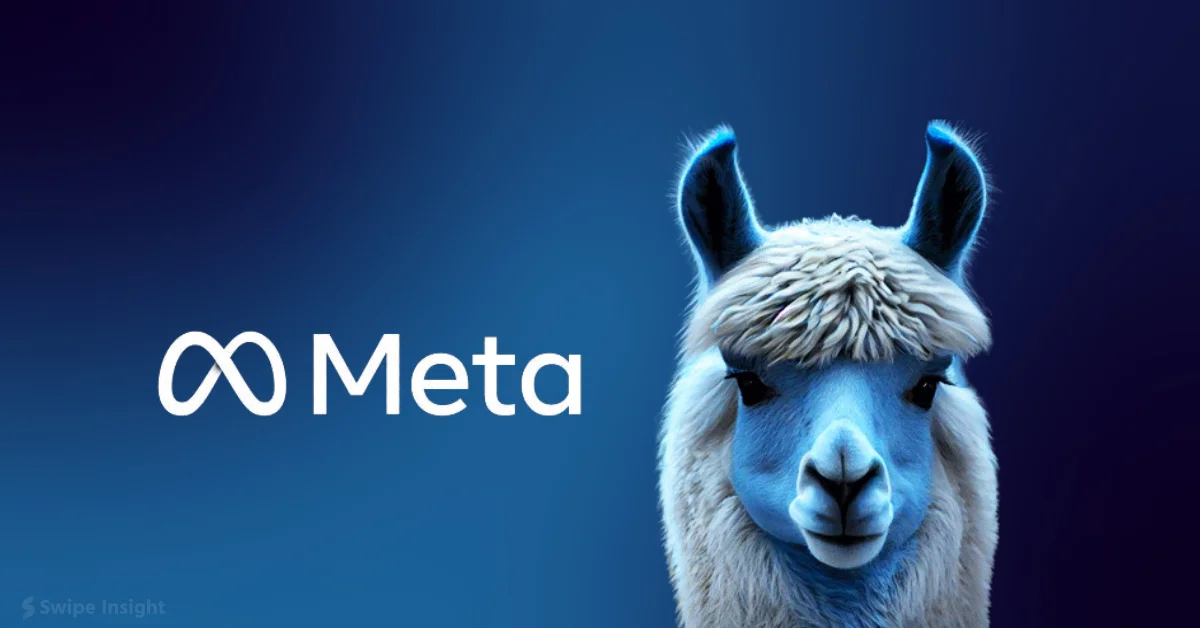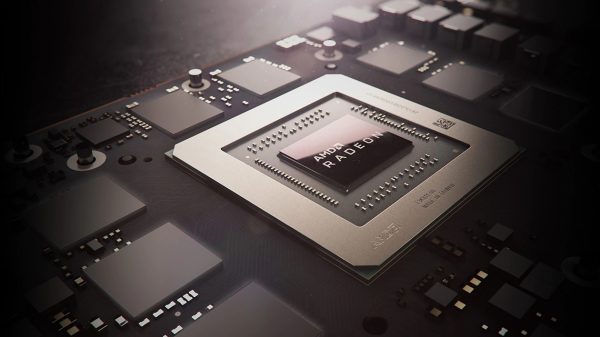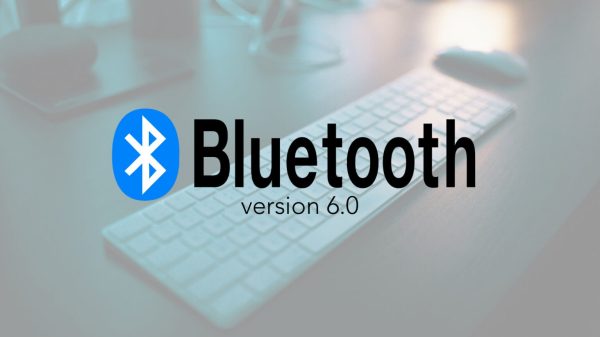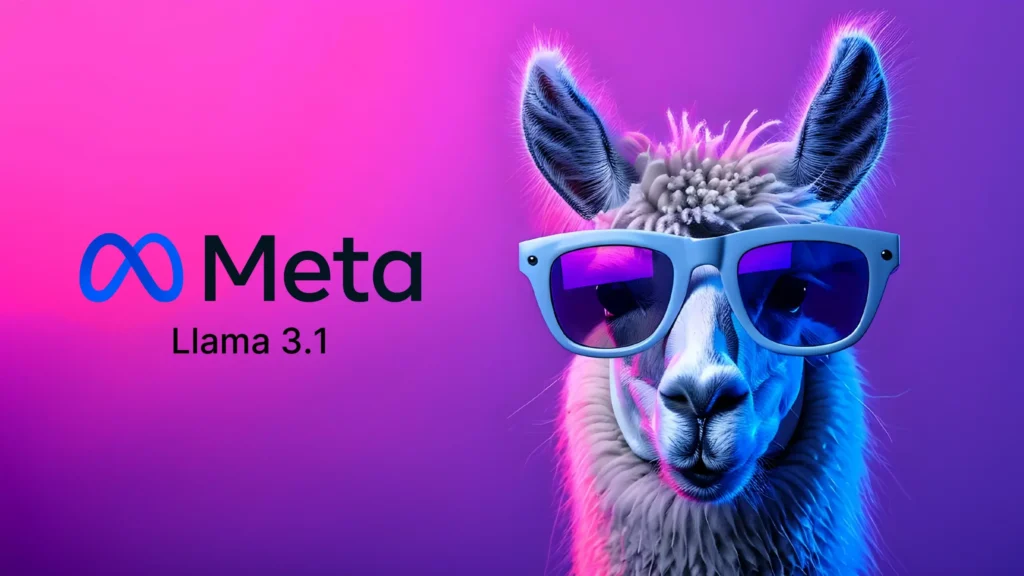Open-source artificial intelligence has reached a significant milestone, challenging the dominance of proprietary systems and promising to reshape the AI landscape. This week saw two major developments: Meta’s release of Llama 3.1 and Mistral’s launch of Mistral Large 2, both claiming frontier-level status.
These advancements suggest that open-source AI models can now compete with the most advanced proprietary systems, potentially democratizing access to cutting-edge AI tools and altering the competitive dynamics of the tech industry.
The releases of Llama 3.1 and Mistral Large 2 mark a pivotal shift in the AI world, breaking the long-held paradigm where tech giants guarded their powerful AI models. Industry experts view these developments as a potential turning point in AI history, comparable to significant technological revolutions of the past.
This sudden availability of high-level open-source models is expected to accelerate AI development globally, reshaping industries and altering the tech world’s power balance.

Open-source AI milestones with Meta’s Llama 3.1 and Mistral’s Large 2 reshape the AI landscape
The implications of these announcements are profound. Smaller companies and individual developers now have access to sophisticated AI capabilities without the high costs or vendor lock-in of proprietary systems. This democratization is likely to fuel unprecedented innovation, allowing diverse global contributions to advance AI technology.
However, the widespread availability of advanced AI also presents new challenges, requiring organizations to differentiate themselves in a world where cutting-edge AI is becoming commoditized.
The geopolitical ramifications of this shift are significant. As AI becomes central to national competitiveness, the proliferation of open-source models could change the global power dynamics in technology.
Countries and regions that effectively harness these resources may gain significant advantages in AI development and application. However, the sudden open-sourcing of advanced AI also raises concerns about AI safety and ethics, as transparency could lower barriers for malicious actors.
The true impact of these developments will depend on how effectively the global community harnesses the potential of open-source AI while mitigating its risks. Collaboration and ethical considerations will be crucial as this new era unfolds.
The open-source AI revolution promises unprecedented possibilities but demands a heightened sense of responsibility from developers, businesses, and society. As we navigate this transformative period, the future of AI is becoming more open, accessible, and participatory, with the pace of change accelerating rapidly.









































